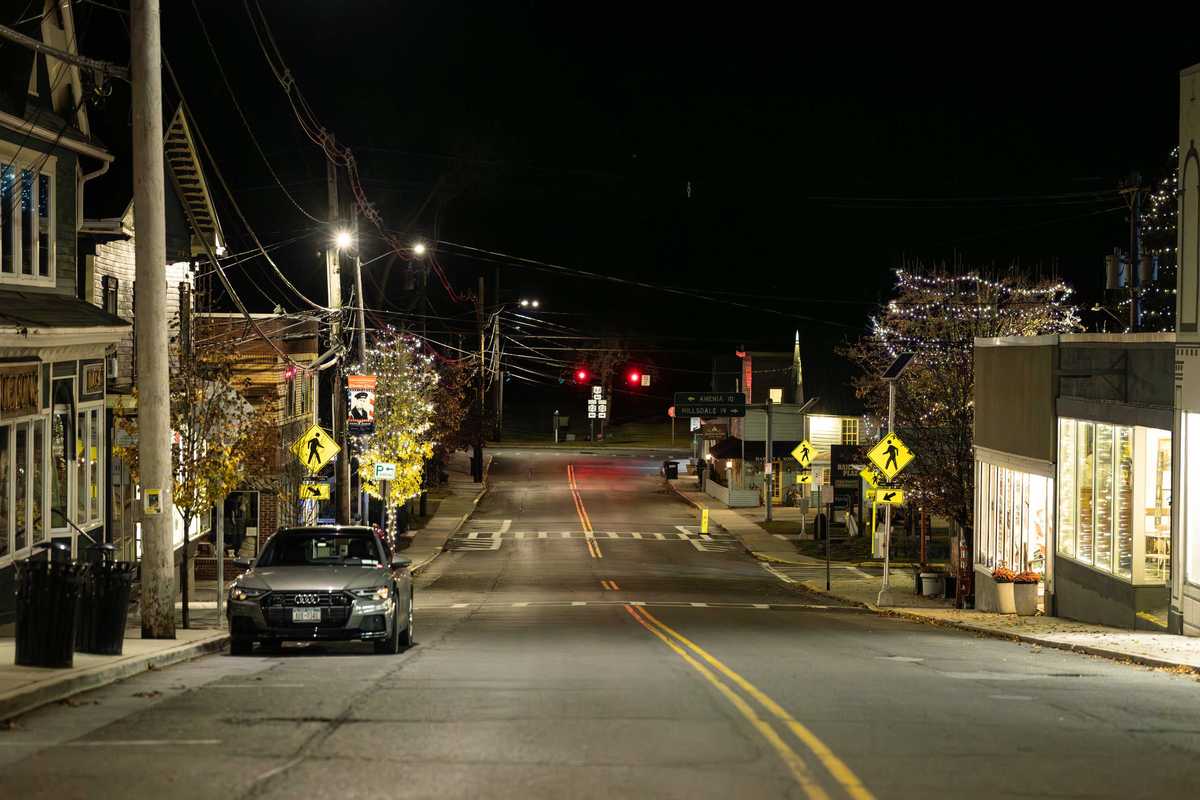A Trail of Memories, from General Patton to His Own Family History

Jurgen Kalwa is writing a book about Ladislas Farago — who wrote the book that became the film “Patton” while living in what is now Kalwa’s house in Sharon, Conn.
Photo by Cynthia Hochswender
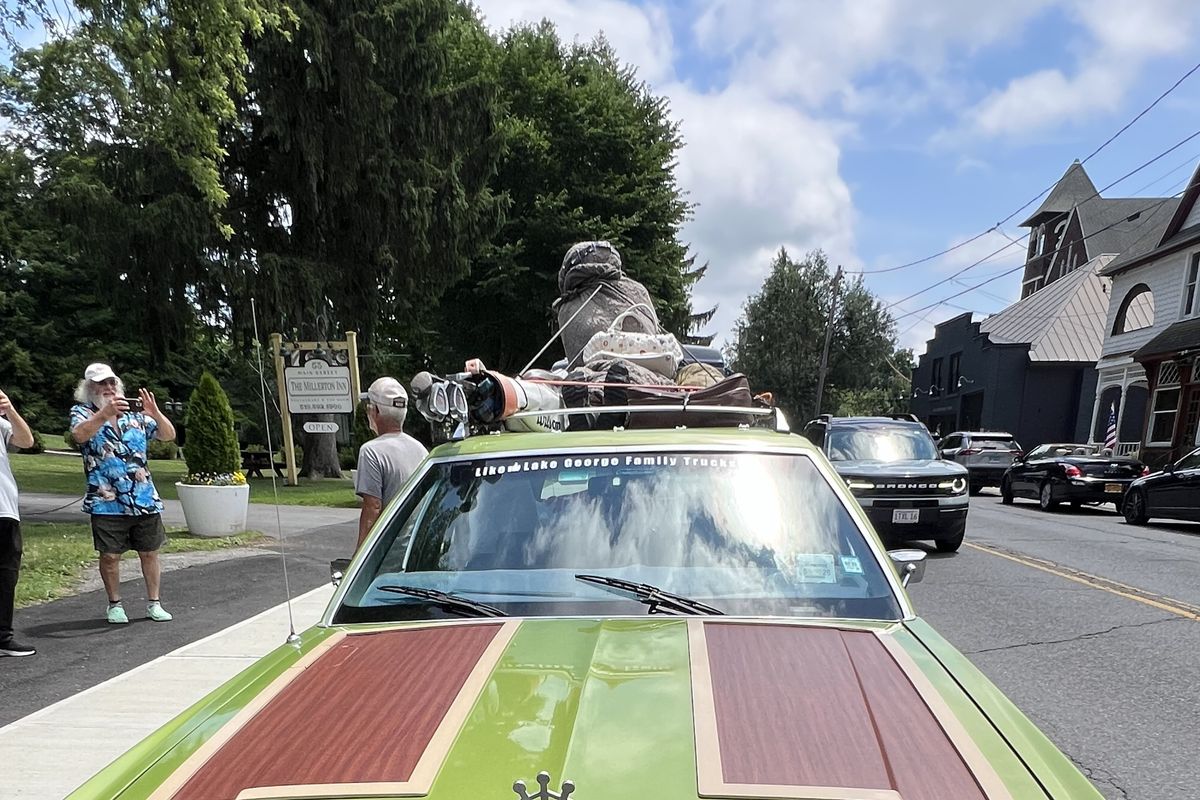
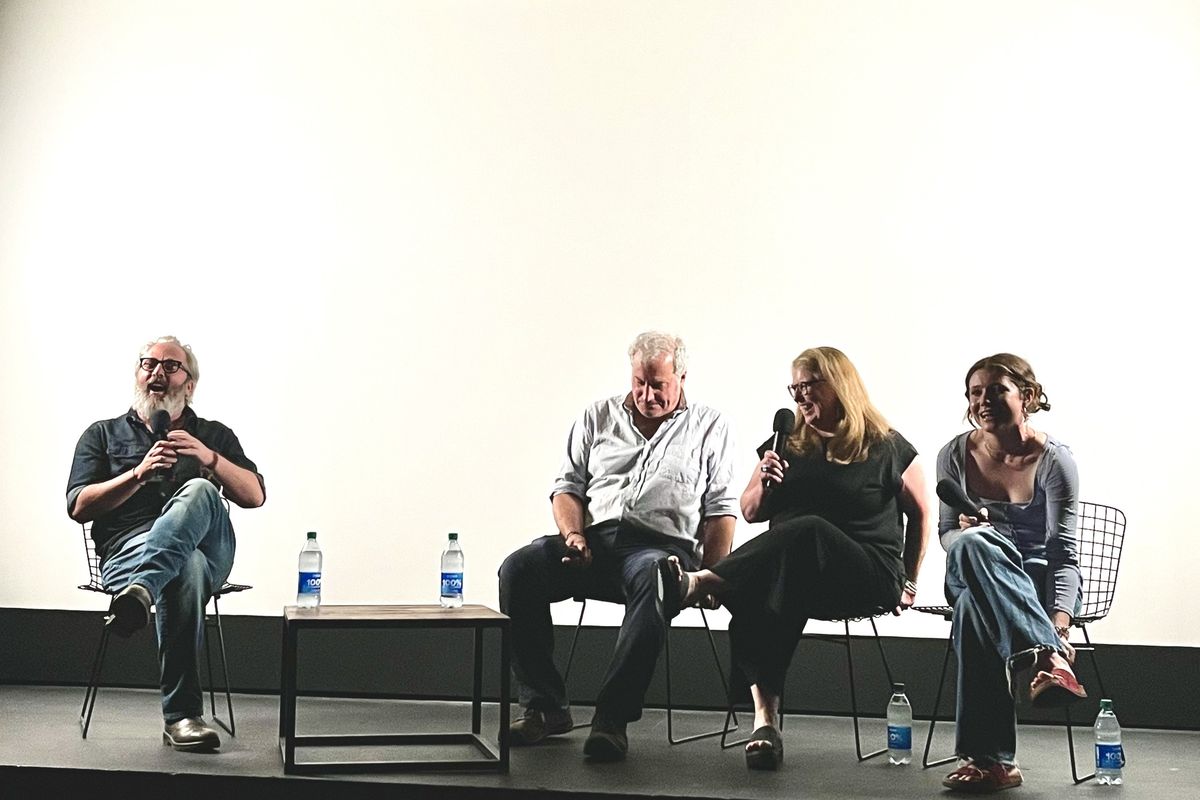
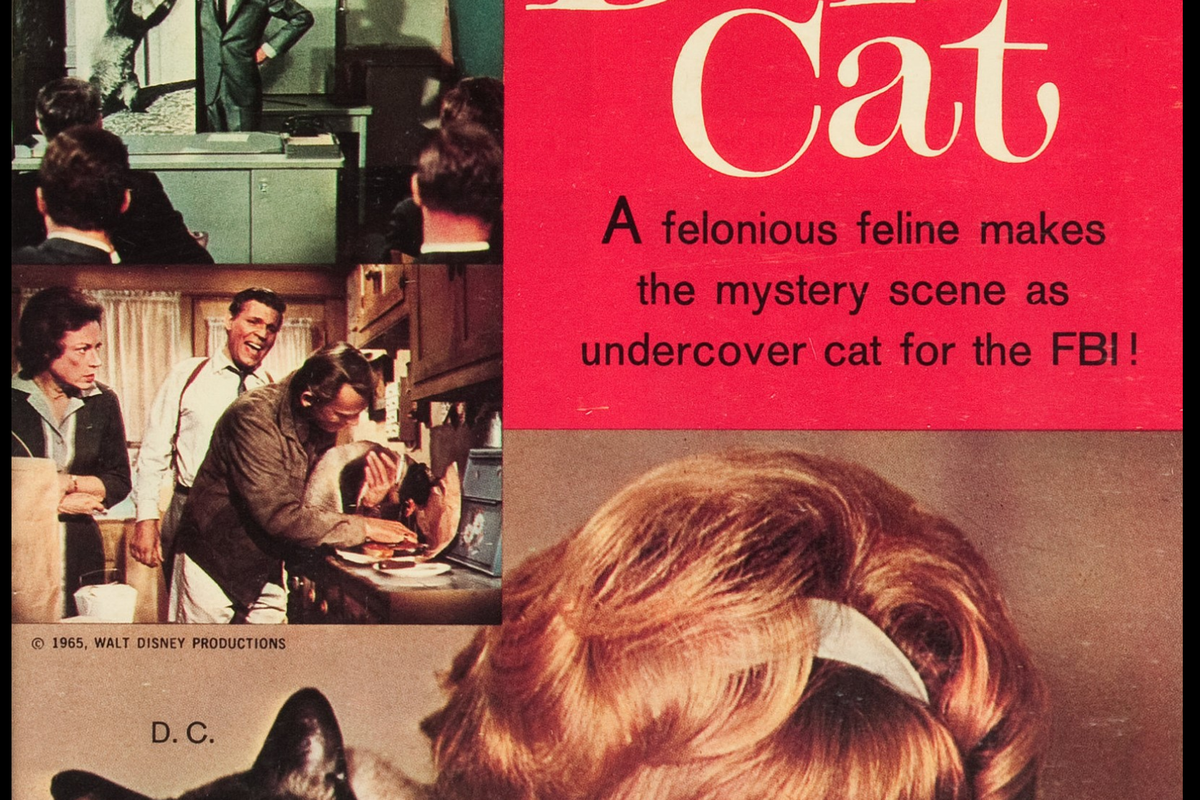



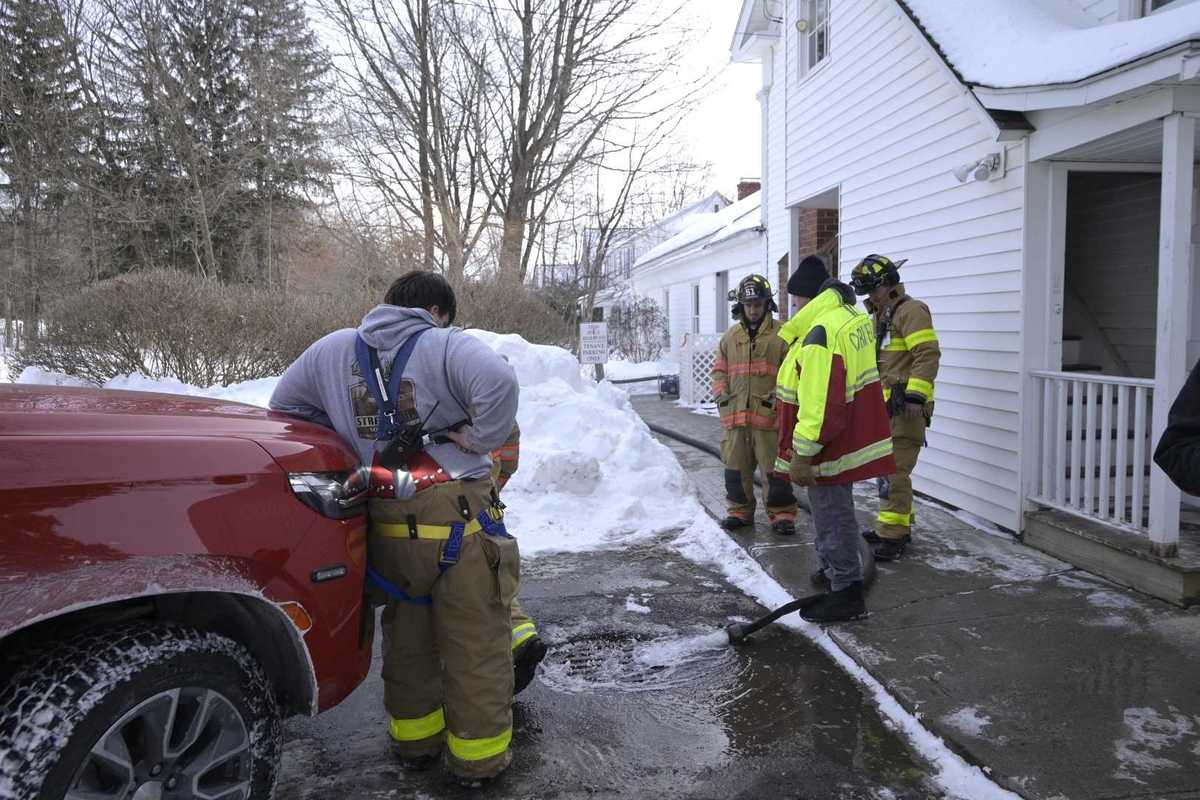
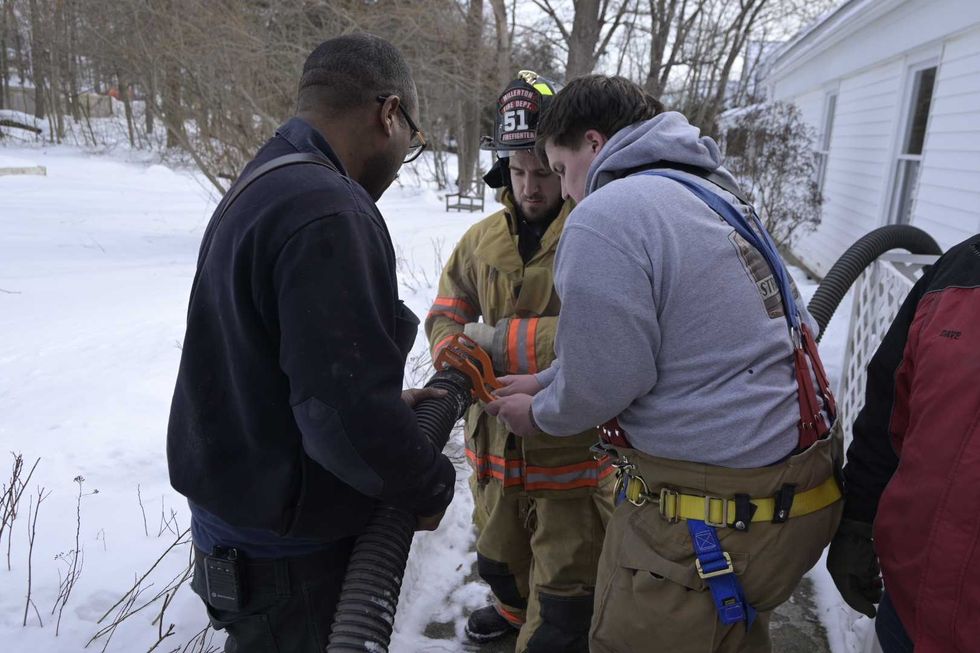 Millerton firefighters connect hoses together to be used with a gas-powered pump to remove about six inches of standing water from the basement of the NorthEast-Millerton Library on Tuesday, Feb. 10.Photo by Nathan Miller
Millerton firefighters connect hoses together to be used with a gas-powered pump to remove about six inches of standing water from the basement of the NorthEast-Millerton Library on Tuesday, Feb. 10.Photo by Nathan Miller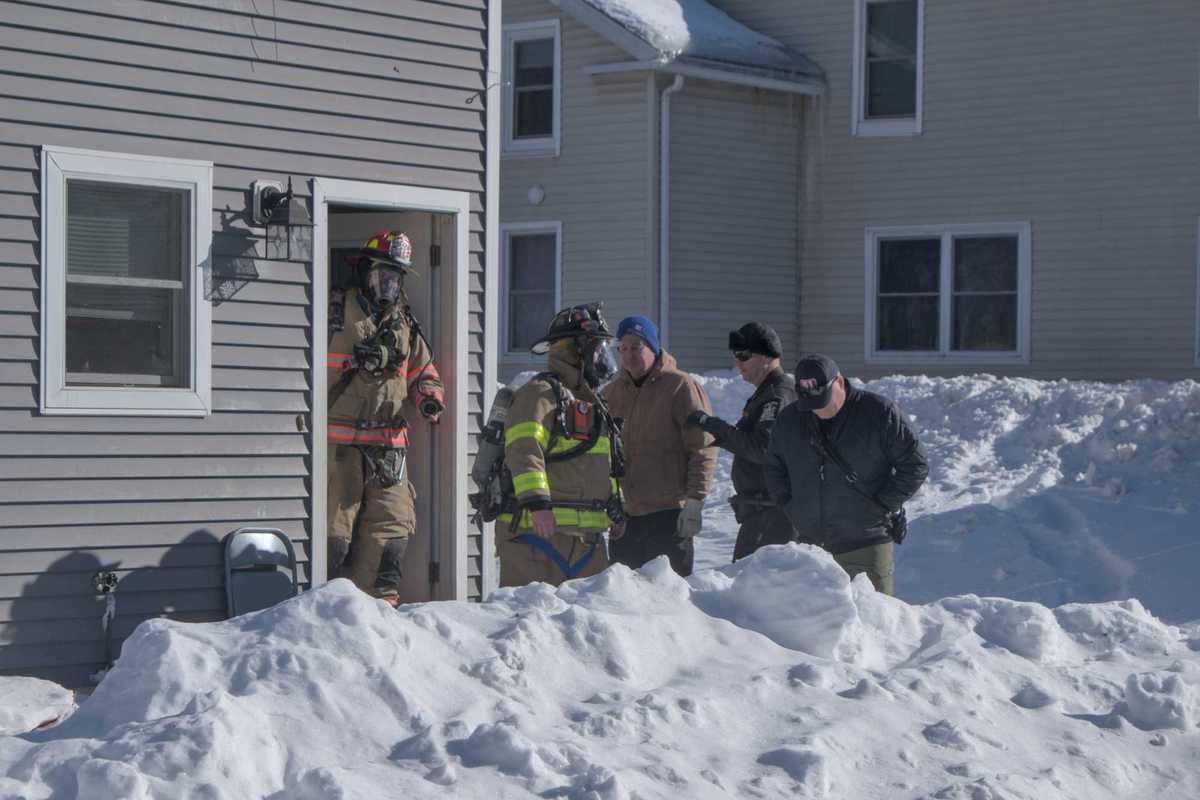
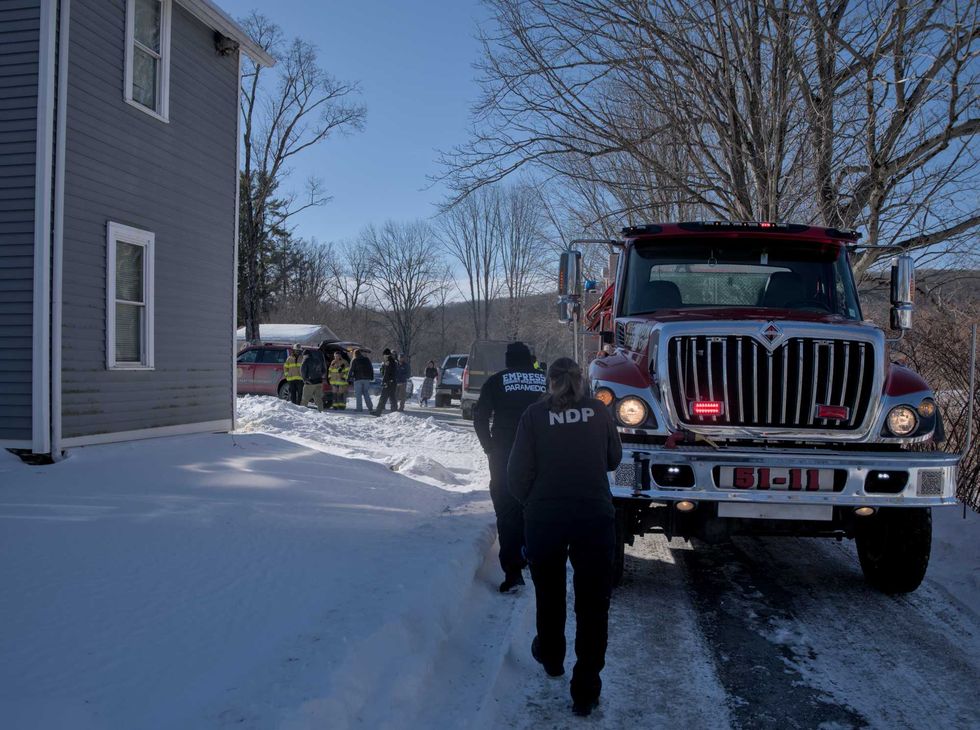 Paramedics with Empress EMS march through the snow toward Millerton firefighters on Monday, Feb. 9.Photo by Nathan Miller
Paramedics with Empress EMS march through the snow toward Millerton firefighters on Monday, Feb. 9.Photo by Nathan Miller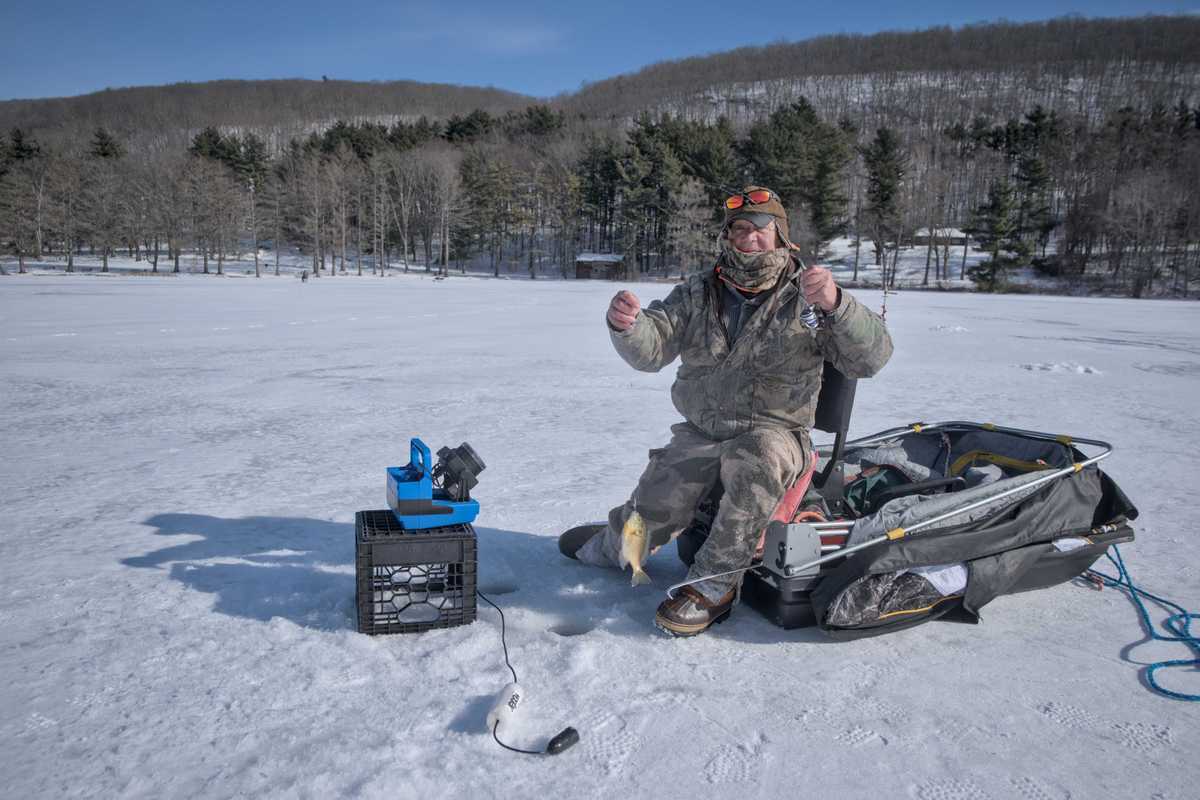
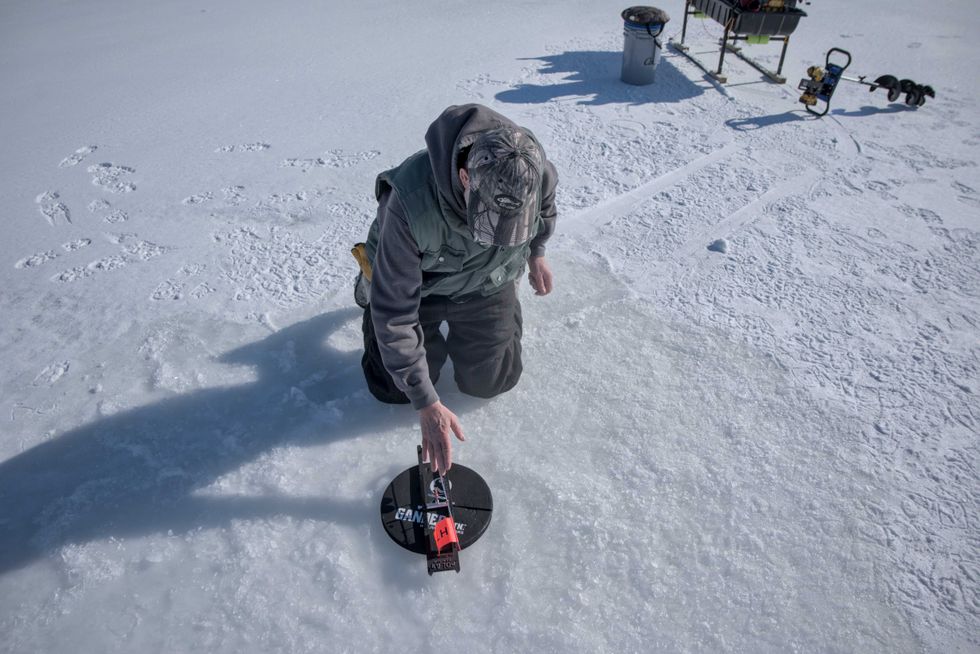 Brian Booth, of Millbrook, demonstrates a "flip-up," on Friday, Feb. 6, at Rudd Pond. A flip-up is an ice fishing device that suspends a baited hook connected to a spring-loaded flag that flips up when a fish takes the bait.Photo by Nathan Miller
Brian Booth, of Millbrook, demonstrates a "flip-up," on Friday, Feb. 6, at Rudd Pond. A flip-up is an ice fishing device that suspends a baited hook connected to a spring-loaded flag that flips up when a fish takes the bait.Photo by Nathan Miller